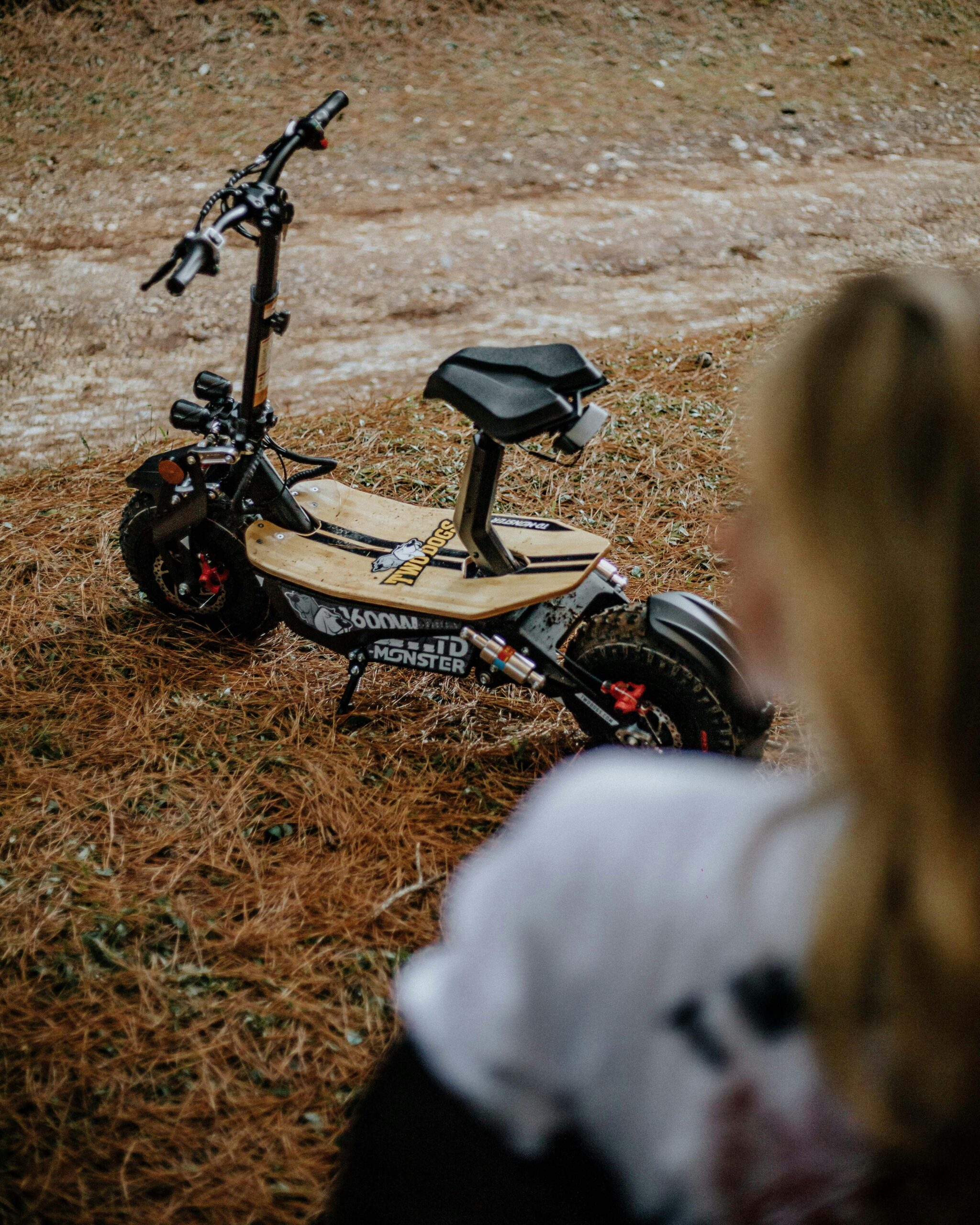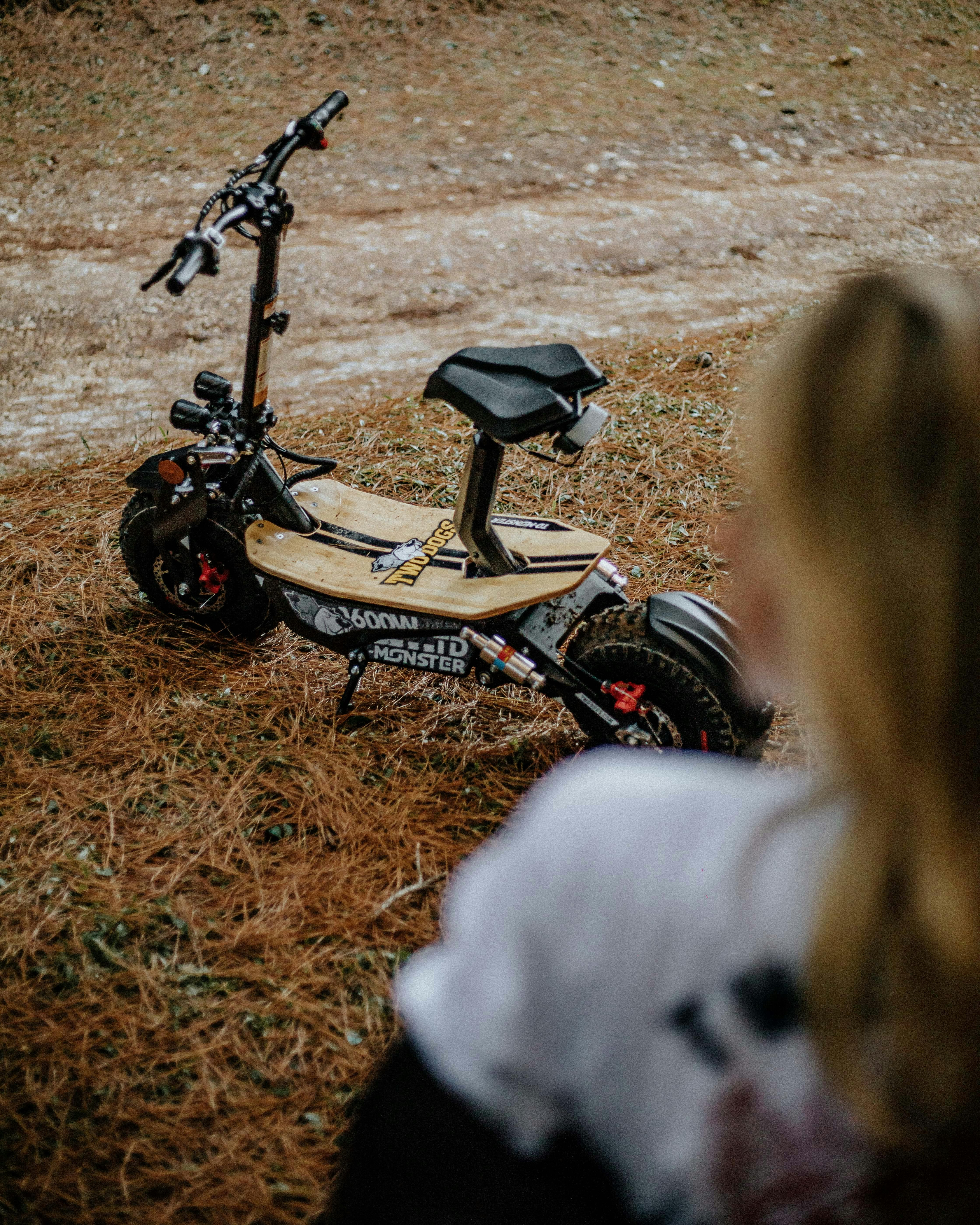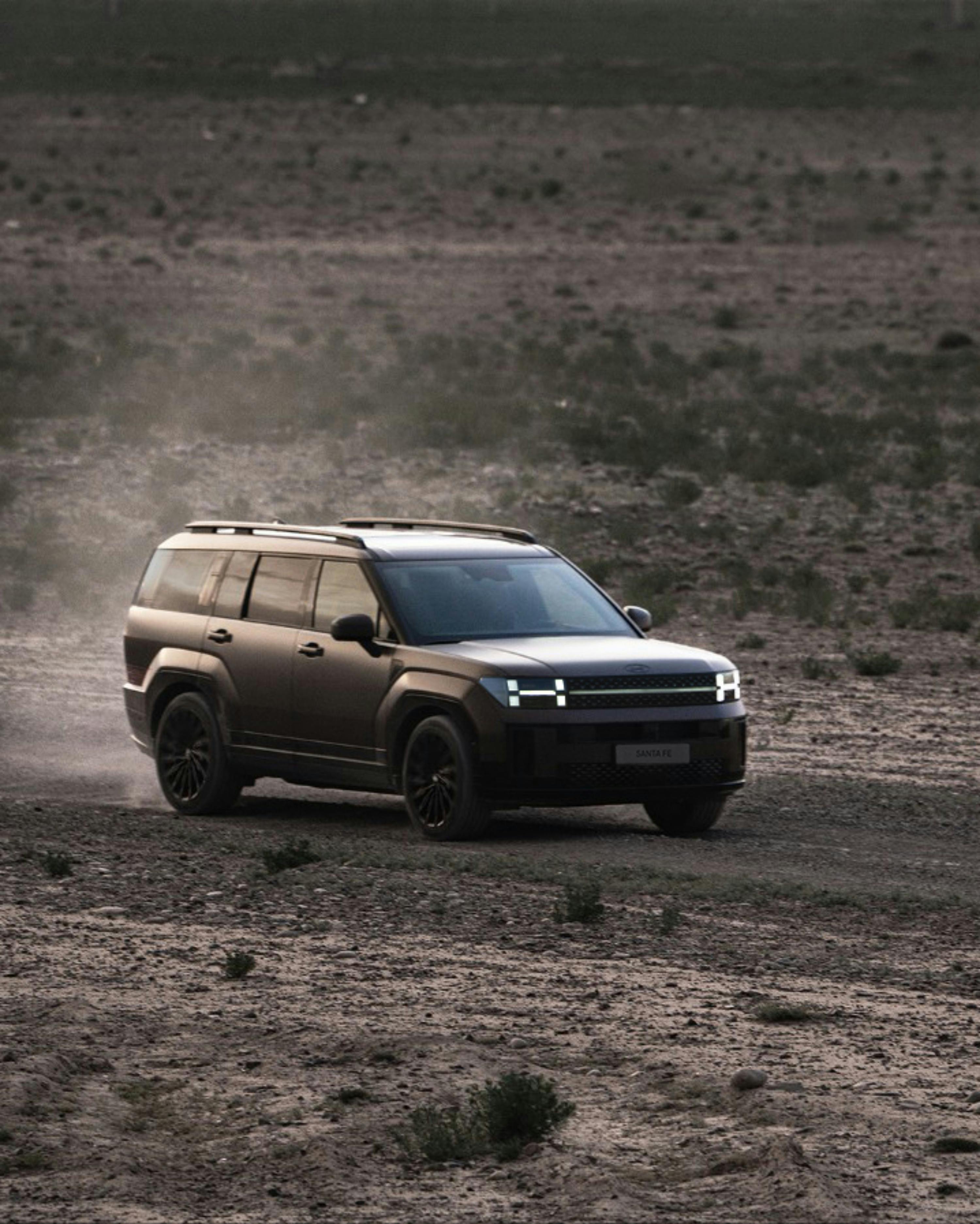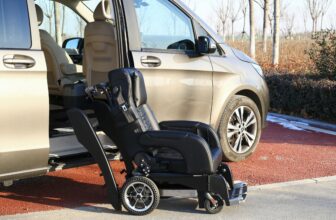
Picture this: you’re standing at the edge of a rugged mountain trail, watching others explore paths that seem impossible for traditional mobility equipment. The frustration of being limited to smooth pavements while nature’s most beautiful destinations remain just out of reach is a reality many mobility scooter users face daily. Standard scooters simply weren’t built for the rocks, roots, sand, and steep inclines that define true outdoor adventure.
But 2025 marks a revolutionary shift in mobility technology. Heavy-duty all-terrain mobility scooters are redefining what’s possible, transforming outdoor limitations into boundless opportunities. These engineering marvels combine robust construction with advanced suspension systems, powerful motors, and specialized tires designed to conquer virtually any surface nature throws your way.
This comprehensive guide reveals the top all-terrain mobility scooters available in the USA and Canada, breaking down the essential features, performance capabilities, and real-world applications that will finally unlock your outdoor adventures.

This Photo was taken by Paulo Freitas.
Breaking the pavement barrier: what makes all-terrain scooters different
The fundamental difference between standard and all-terrain mobility scooters lies in their engineering philosophy. While conventional models prioritize portability and indoor maneuverability, all-terrain variants are built like miniature off-road vehicles, designed to handle the unpredictable challenges of natural environments.
Engineering foundations for outdoor performance
All-terrain mobility scooters feature reinforced chassis construction using heavy-gauge steel or aluminum frameworks that can withstand impacts from rocks, roots, and uneven surfaces. The weight capacity typically ranges from 300 to 500 pounds, significantly higher than standard models. This robust construction provides the stability needed when navigating challenging terrain while ensuring long-term durability.
The suspension systems represent perhaps the most critical innovation. Unlike basic scooters with rigid frames, all-terrain models incorporate independent front and rear suspension with shock absorbers that smooth out bumps, dips, and obstacles. This not only improves comfort but prevents damage to sensitive electronic components during rough rides.

Heavy Duty All-Terrain Mobility Scooter
1000W powerful motor with 500lbs capacity for serious outdoor adventures. Features robust all-terrain tires and heavy-duty construction. Some users note the weight makes transport challenging.
Tire technology and traction systems
The tires on all-terrain scooters represent a significant departure from standard pneumatic wheels. These specialized knobby tires feature aggressive tread patterns designed to grip loose surfaces like gravel, sand, and wet grass. The tire compounds are formulated to remain flexible in varying temperatures while resisting punctures from thorns and sharp rocks.
Many 2025 models now incorporate four-wheel drive systems or enhanced rear-wheel traction control. This technology automatically adjusts power distribution when sensors detect wheel slip, ensuring consistent forward motion even on steep inclines or loose surfaces.

This Photo was taken by Hyundai Motor Group.
Power systems built for adventure
The heart of any all-terrain mobility scooter lies in its power system. These machines demand significantly more energy than their pavement-bound counterparts, requiring advanced motor and battery technologies to deliver reliable performance across challenging landscapes.
Motor specifications and climbing capability
All-terrain scooters typically feature motors ranging from 800 to 1,500 watts, compared to the 250-400 watt motors found in standard models. This increased power enables them to maintain speed while climbing grades of 15-20 degrees, navigate through deep grass, and power through sand or loose gravel.
The latest 2025 models incorporate brushless DC motors that offer several advantages over traditional brushed motors. They operate more quietly, generate less heat, require minimal maintenance, and provide more consistent power output throughout the battery’s discharge cycle. This translates to reliable performance whether you’re at the beginning or end of your outdoor adventure.
| Terrain Type | Required Motor Power | Recommended Grade Capability |
|---|---|---|
| Packed dirt trails | 600-800W |
|






